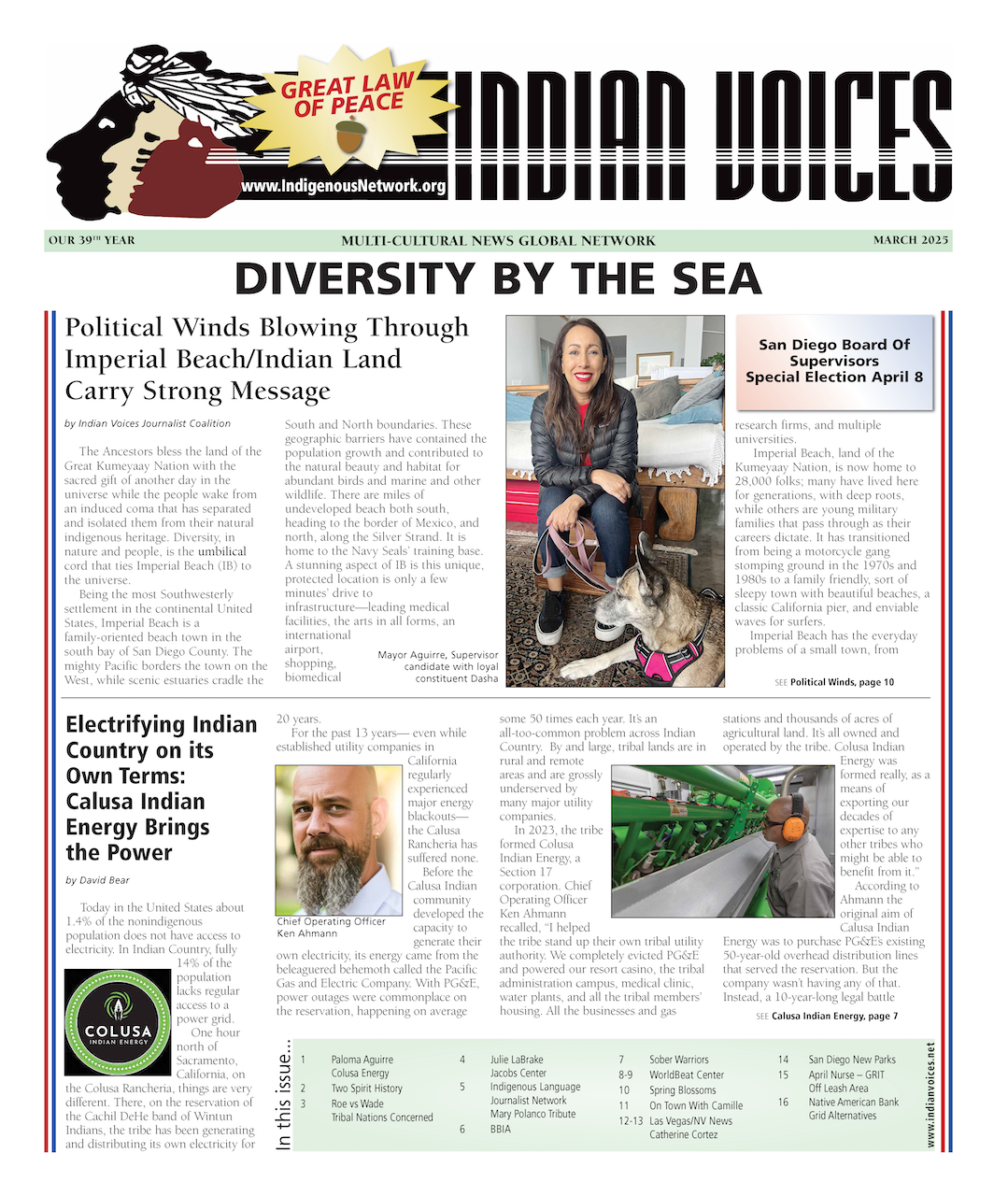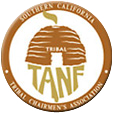As we approach the 46th annual celebration of Kwanzaa, it is of necessity to engage in discussion on this beautiful Afro American and Pan African holiday. Kwanzaa was created in 1966 by Dr. Maulana Karenga, a scholar-activist who emphasizes the crucial need to protect, constantly regenerate and advance African American culture. Below is an excerpt from Dr. Karenga’s seminal works on the holiday Kwanzaa: A Celebration of Family, Community, & Culture. University of San Kore Press, Los Angeles CA.
First, Kwanzaa was created to reaffirm and restore our rootedness in African culture. Therefore for current celebrants and new celebrants; it is important to learn, reinforce, internalize, and put in practice the vision and values of Kwanzaa in the interest of reaffirming family, community, and culture in its best light. Secondly, Kwanzaa was created to serve as a regular communal celebration to reaffirm and reinforce the bonds between us as a people. It was designed to be an ingathering to strengthen community and reaffirm common identity, purpose and direction as a people and a world community. Thirdly, Kwanzaa was created to introduce and reinforce the Nguzo Saba (the Seven Principles.) These seven communitarian African values are: Umoja (Unity), Kujichagulia (Self- Determination), Ujima (Collective Work and Responsibility), Ujamaa (Cooperative Economics), Nia (Purpose), Kuumba (Creativity), and Imani (Faith). This stress on the Nguzo Saba was at the same time an emphasis on the importance of African communitarian values in general, which stress family, community and culture and speak to the best of what it means to be African and human in the fullest sense. And Kwanzaa was conceived as a fundamental and important way to introduce and reinforce these values and cultivate appreciation for them.
Additionally inherent in Kwanzaa is five fundamental activities of Continental African “first fruit” celebrations: ingathering; reverence; commemoration; recommitment; and celebration. Kwanzaa, then, is:
1. a time of ingathering of the people to reaffirm the bonds between them;
2. a time of special reverence for the creator and creation in thanks and respect for the blessings, bountifulness and beauty of creation;
3. a time for commemoration of the past in pursuit of its lessons and in honor of its models of human excellence, our ancestors;
4. a time of recommitment to our highest cultural ideals in our ongoing effort to always bring forth the best of African cultural thought and practice; and
5. a time for celebration of the Good, the good of life and of existence itself, the good of family, community and culture, the good of the awesome and the ordinary, in a word the good of the divine, natural and social.
Participating in each of these pillars are booth informational and inspirational to a peoples self concept to be the best of what it means to be African and human in the world. In closing, Kwanzaa’s value to the Black community clearly is more than an abstract celebration with no significance. Its stress on cultural grounding via its values, the Nguzo Saba, and its requirement to adhere to the five fundamental pillars/activities cited above brings us as African people closer to whom we are in history and humanity as opposed to the caricatures of African people that the white western popular culture seeks to impose upon us through hegemonic means and methods.
Moreover, while Kwanzaa is specifically an Afro American and Pan African cultural Holiday, its inherent spiritual qualities contain a value message that speaks to all peoples seeking to bring good into the world. Thus, it is as African philosophy emphasizes and that is we believe that what is good for Africans is good for other throughout humanity. Make note this does not means an abstract concept of humanness, nor does it reflect a hegemonic position such as Europe has taken its cultural arrogance to suggest that every people give up their cultural rights and responsibilities and submit to the European paradigm. Kwanzaa serves as cultural vehicle which speaks our own special cultural truth to the world as African peoples in general; and specifically as Afro Americans.
Min. Tukufu Kalonji is Founder/Kasisi of Kawaida African Ministries
For info contact @ This email address is being protected from spambots. You need JavaScript enabled to view it.






